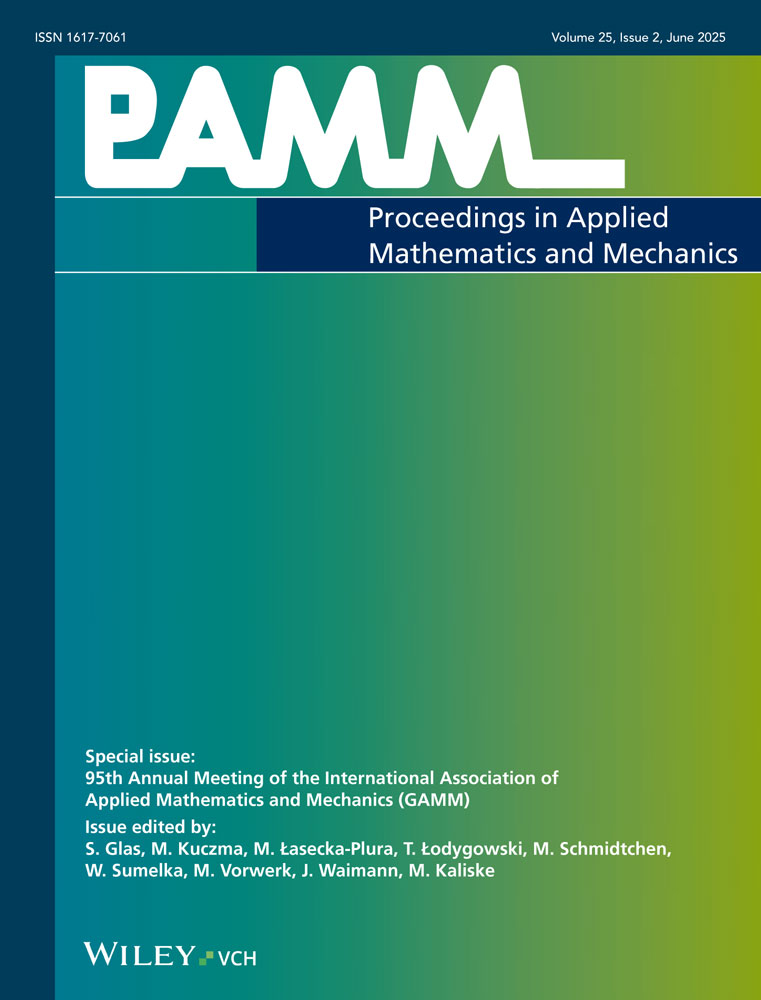Methodology of ROMing applying POD of BWR Fuel Assemblies applied to Introductory Examples
Abstract
For high-power low-flow operating conditions associated with unfavorable power distribution Boiling Water Reactor (BWR) operation requires maintaining a certain distance to the stability limit given. The stability boundary with respect to small perturbations is given by analytical methods. Supplementary evaluation of non-linear states require time-consuming numerical integration or experimental data and strongly depend on the considered transient. Developing a self-contained methodology for investigating the full non-linear BWR system parameter space at low computational cost supplements established methods. The methodology of Reduced Order Modeling based on Proper Orthogonal Decomposition (ROM-POD) is tested for this purpose and validation in terms of the Korteweg de-Vries (KdV) equation. A transient analysis of simplified reactor physics [1] yields a low-rank ROM and is depending on the chosen transients but not on the details. (© 2012 Wiley-VCH Verlag GmbH & Co. KGaA, Weinheim)




